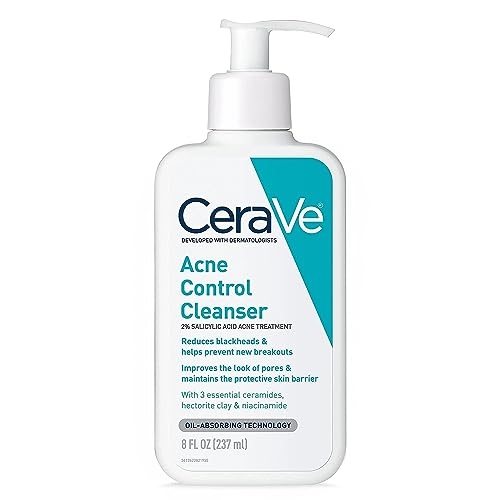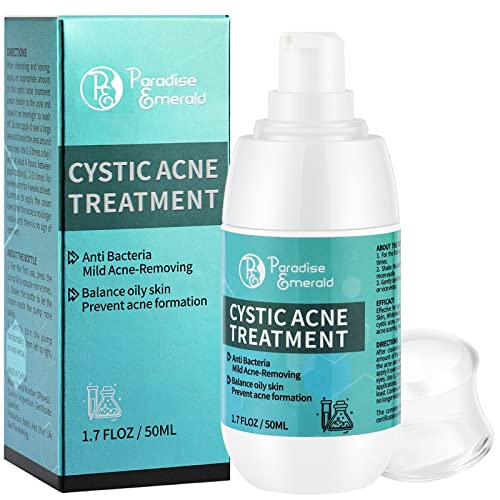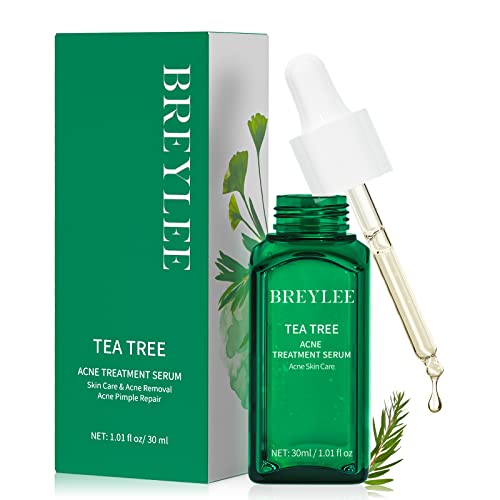The most common skin care problem for men and women alike is acne. Acne includes whiteheads, blackheads, and pimples. For many people, having acne is embarrassing. It usually occurs during puberty and even on to adulthood. This affects the appearance and lifestyle of people suffering from it. That’s why getting the right acne treatments is so important for these people.
There used to be a time when there was virtually no natural acne treatment available. However, with so many skin care products out in the market to remedy this disease, people no longer have to hide inside their houses because of acne. These skin treatments are available as over-the-counter drugs or as prescription drugs. These products may be applied on the skin or taken orally.
One of the most effective acne treatments is benzoyl peroxide, which is used for mild acne. It is one of the best treatments for acne, but users are advised to always wear sunscreen because it causes increased sensitivity to the sun.
Another affective skin care treatment is tretinion. It is a form of vitamin A which has a peeling effect on the skin so that the uppermost layer of the skin is shed. As dirt and old skin cells are shed, clearer skin is pushed onto the surface. But when a patient gets a severe case of acne, dermatologists prescribe other skin treatments. Antibiotics are common products prescribed to treat severe acne. Hormone therapy can also be used in preventing the appearance of acne.
Acne treatments also include dermabrasion, phototherapy, and surgery. Some natural acne treatments have also been developed, like tea tree oil and aloe vera. Tea tree oil has basically the same effect as other acne treatments, but it causes less dryness on the skin. A balanced diet is also helpful in preventing acne. Reduced consumption of fatty and processed food can help. Dermatologists advise eating food rich in beta-carotene and other vitamins to prevent this skin problem and it work wonders on overall health, too.
Science has provided all these skin treatments which could help in preventing acne. The key is finding the rights balance in using skin care medications and natural acne treatments. With the use of these products, people don’t have to suffer the effects of acne on their appearance and lifestyle. Instead, they can emerge successfully from their experience with acne. It’s just a matter of finding the right acne treatment.
Active Ingredients in Acne Products
Acne is a condition that has no definite origin, and thus is potentially caused by many different things. People also have different skin types, so no two cases of acne will be exactly the same. Acne products, therefore, are also different from one another. One of the most basic ways that these products differ from one another is the active ingredient, which is the primary component of the treatments and is what acts on acne. There have been numerous facial skin treatments and ingredients over the years, but some have become fairly common in the industry.
Salicylic acid
Salicylic acid is known to act against whiteheads by removing dead cells inside hair follicles. Numerous acne products have this as a main ingredient, though it is not effective in all cases. Most products contain a maximum of 2% of this substance. This low content is because the chemical can cause stinging and redness, and these reactions can be particularly severe in sensitive skin. Some people find that their skin does not have this problem and can handle stronger mixtures, but this isn’t often the case.
Benzoyl peroxide
Benzoyl peroxide is often cited as the most common ingredient in acne products, though it rarely appears in acne prevention treatments. It is used as an anti-bacterial agent, removing bacteria from follicles and dissolving the early signs of the condition.
Some products may contain up to a 10% concentration, though this number can go as low as 2.5%. This is to accommodate both the varying intensities of acne and the sensitivity of the skin. Like salicylic acid, this can cause redness and swelling, and has sometimes been known to have a “bleaching” effect.
Sulfur
This is a component that is rarely used alone in acne products, and is not known to act as a treatment on its own. It is usually included as a supplementary ingredient, because it can remove dead skin cells and excess oil from the surface. While this can help in prevention, it is also known to have a number of side effects. Soreness, particularly at the start of use, is a common issue, and it gets worse when skin is more sensitive.
There are other common ingredients for acne products, each with varying degrees of potency for varying severities of the condition. Sometimes the best way to find a working treatment is to give everything a shot. Talking to a dermatologist should probably the first step before doing this. Sometimes, the doctor can prescribe acne prevention treatments, stopping the problem in its tracks before it gets worse.
Basic Advice for Preventing Acne
Acne is the one skin condition that dermatologists can guarantee everyone will experience at least once in their lives. Adolescents are prone towards developing the most severe cases, but the risk continues well into adulthood. The causes of acne are still undetermined, though there is evidence pointing strongly towards factors such as sebum clogging and skin damage due to bacteria. There are also several known ways that help in preventing acne.
Wash target areas
The Mayo Clinic advises washing as both an acne solution and a preventative measure. Experts from the hospital state that water washes away dirt and irritants on the surface of the skin, helping reduce the risk of acne. However, too much washing can cause irritation. It is advisable to use gentle cleansers and washing twice a day, targeting areas that are prone to acne development.
Don’t mess with your skin
The first thing that any dermatologist will say about acne treatment is to avoid tampering with the skin too much. Keeping it moist and clean is going to help, but picking or messing with any blemishes or whiteheads is going to cause problems. Tampering with the skin in this manner can lead to scarring or infection, making any effort in preventing acne more difficult.
Cleansers to dry excess oil
Sebum is believed to play a role in acne formation when it clogs the pores. The oil becomes trapped in the skin, forming acne. Benzoyl peroxide and salicylic acid, both common acne treatment ingredients, can be used to help remove excess sebum from the skin. Both substances are available in most over-the-counter acne gels or creams. People should take care to use only one of these active ingredients, as the combination of both on the skin can cause irritation and damage.
Minding make-up
Being mindful of one’s make-up can go a long way towards preventing acne. It is advisable to avoid the heavy use of foundation make-up, as it is known to irritate the skin. Powder-based cosmetics are also more advisable than cream-based ones because they cause fewer problems for the skin. It is important that all make-up be thoroughly washed off and removed from your face before going to sleep. The make-up can clog skin pores. Throwing away old make-up and cleaning any applicators can also help in preventing acne.
Loosen your clothing
Loose-fitting clothing is better for avoiding body pimples than tight-fitting clothing. Tight clothing traps heat and moisture, which can cause skin irritation. Looser clothing allows skin to “breathe” more naturally, and it produces less friction on the skin. It is also advisable to avoid tight straps, backpacks, helmets, and sports equipment. Excessive friction on the skin has been known to increase one’s risk of developing acne.
Avoid foods that make it worse
There is no scientific evidence that food plays a role in the development or alleviation of acne. However, if a specific food is causing the acne to worsen over time, then the sensible action is to stop eating it. There is no known correlation between the two, but dermatologists agree that there is no real harm in avoiding potential trigger foods until the acne clears up.
There are a number of ways to help in the prevention of acne, and these methods can also play a part in helping an acne treatment product work faster. It all boils down to taking better care of the skin and being mindful of what common substances can become irritants, so they can be avoided.
Related Posts
The Most Effective Organic Acne Treatments
Acne can be a problem for many people in different...
Read MoreDerma Promedics Review – Advanced Anti-Aging Skin Care Serum!
Derma Promedics: Aging is an inevitable process under which a...
Read MoreBest Salicylic Acid Products To Clear Your Skin
Like niacinamide or benzoyl peroxide, salicylic acid is a hero...
Read MoreBest facial skin care products on Amazon
If we’re being honest, Amazon is much more than an...
Read MoreProducts recommended in the post contain affiliate links. We may receive a commission when you buy something through our posts.
Why Trust Us
You will find what you are looking for at Black Friday Weeks. From classic to luxury brands, you'll find both. We will help you to select appliances that fit your needs, budget and lifestyle. Whether you want to stop by to learn more — or plan to make a major purchase — we’ll treat you like family and assist you every step of the way. Shop with us today to receive friendly and experienced help along the way.















